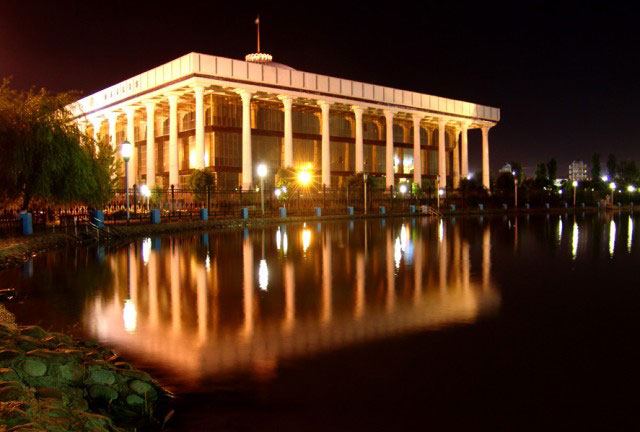Uzbekistan’s Path to Reform: Navigating the 2024 Elections with a New Electoral System
Uzbekistan’s upcoming parliamentary elections, scheduled for October 27, 2024, mark an important step in the country’s political evolution. These elections will fill 150 seats in the Legislative Chamber, the lower house of the Oliy Majlis, and determine the composition of various regional, district, and city councils. In addition, 65 members of the Supreme Council of the Autonomous Republic of Karakalpakstan will also be elected. These elections are notable not only because of their timing — shifting from December to October under a 2021 reform — but also due to the adoption of a mixed electoral system that was introduced in December 2023. This shift represents an important evolution from the previous majority-based system, introducing a balance between majority and proportional representation, which will shape the composition of Uzbekistan’s Legislative Chamber. The new system reflects a broader attempt at political reform and modernization. Of the 150 seats, 75 will be decided through single-mandate districts, where the candidate with the most votes will win, while the remaining 75 will be allocated proportionally based on party results. Uzbekistan’s political landscape, however, remains limited, with only five officially registered parties. In the 2019 elections, the Liberal Democratic Party (UzLiDeP), which is closely linked to the presidency, won the most seats. While this mixed system represents a potential step forward, challenges persist in terms of political pluralism and genuine competition. Uzbekistan, in its journey toward stronger democratic practices, can find inspiration in the electoral processes of other established democracies, particularly India — the world’s largest democracy. India’s electoral system, honed over decades, has become a model for managing elections in a complex and diverse society. The parallels between Uzbekistan’s emerging political landscape and India’s robust democratic traditions offer an opportunity for learning and adaptation.

